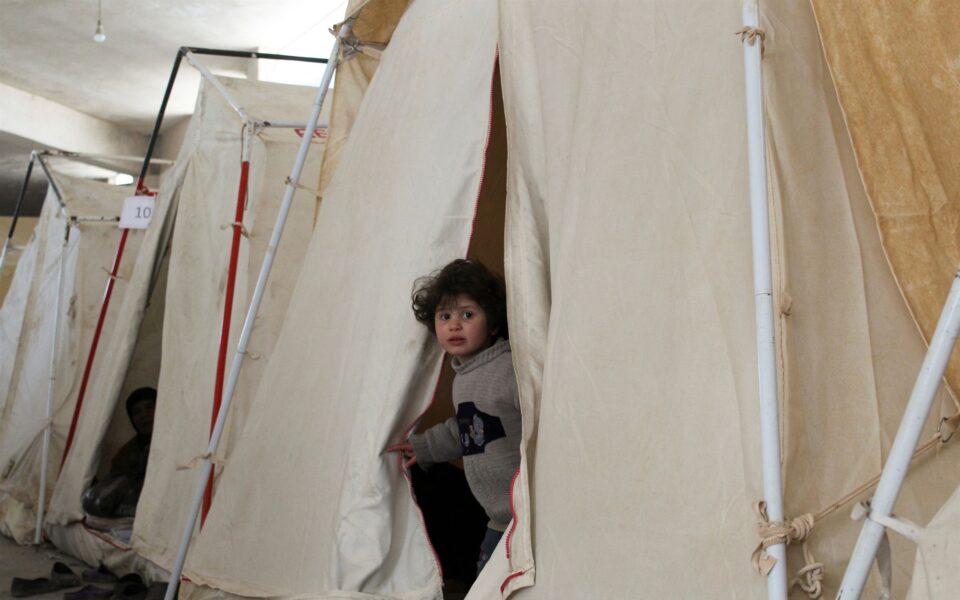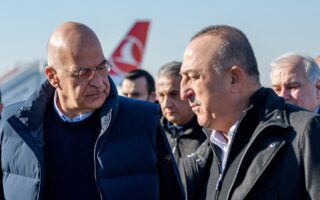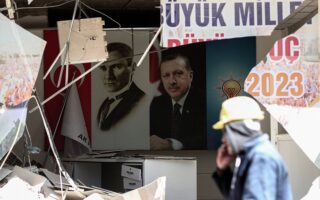Children without a name

From the moment he woke up in a hospital in the northern Syrian town of Jindires following lifesaving surgery, 3-year-old Tariq started calling out for his sister. “Where is Miral?” he asked again and again. She had been sleeping beside him when the massive earthquake struck on February 6. Her body, like those of their parents and other siblings, were retrieved from the ruins of their home. Tariq survived, but doctors had to amputate his left leg.
In the same town, newborn Aya – which means “miracle” in Arabic – was still attached to her dead mother by her umbilical cord when rescuers pulled her out of the rubble. Born in the ruins, the only member of her family to survive was named by staff at the hospital that took her in. Seven-month-old Hamza, meanwhile, was located almost six days after the deadly quake in Hatay in Turkey, but one has claimed him yet.
The stories from both countries go on an on and it is almost impossible to estimate how many children survived the earthquakes but lost their parents and other family members. All we know that is that hundreds such children are being treated at hospitals with staff having no clue as to who their families are. They are, effectively, anonymous; children without a name, without someone to take them in their arms and wipe away their tears, someone to say, “Don’t worry; I’m here.”
We are on the cusp of a major humanitarian crisis that will test our ‘humanitarian’ reflexes and our humanity
Not to mention the hundreds more who are still “out there.” In the rubble, roaming the streets of razed cities and towns, living in camps. How will they survive the chaos? Their distant relatives, whoever and wherever they may be, have their own problems to contend with. Who’s going to care for all these children?
In Turkey, the earthquakes did the greatest damage to areas that were already in the doldrums, neglected by the state and lacking essential infrastructure. The situation is Syria is even tougher. Because of the civil war, it is almost impossible for aid to reach those most in need. The international organizations fear the worst. Until some sense of normalcy returns to these ravaged areas, many of these children may have already fallen victim to abuse, sexual exploitation, trafficking and organ smuggling networks.
According to UNICEF, some 260,000 children remained at risk in Haiti a month after the 7.2-Richter earthquake of 2021. What horrors will we see in Turkey and Syria once the dust settles? What is certain is that we are on the cusp of a major humanitarian crisis that will test our “humanitarian” reflexes and our humanity by our willingness, as an international community, to make sure that all these “children without a name” are not left without a future.




